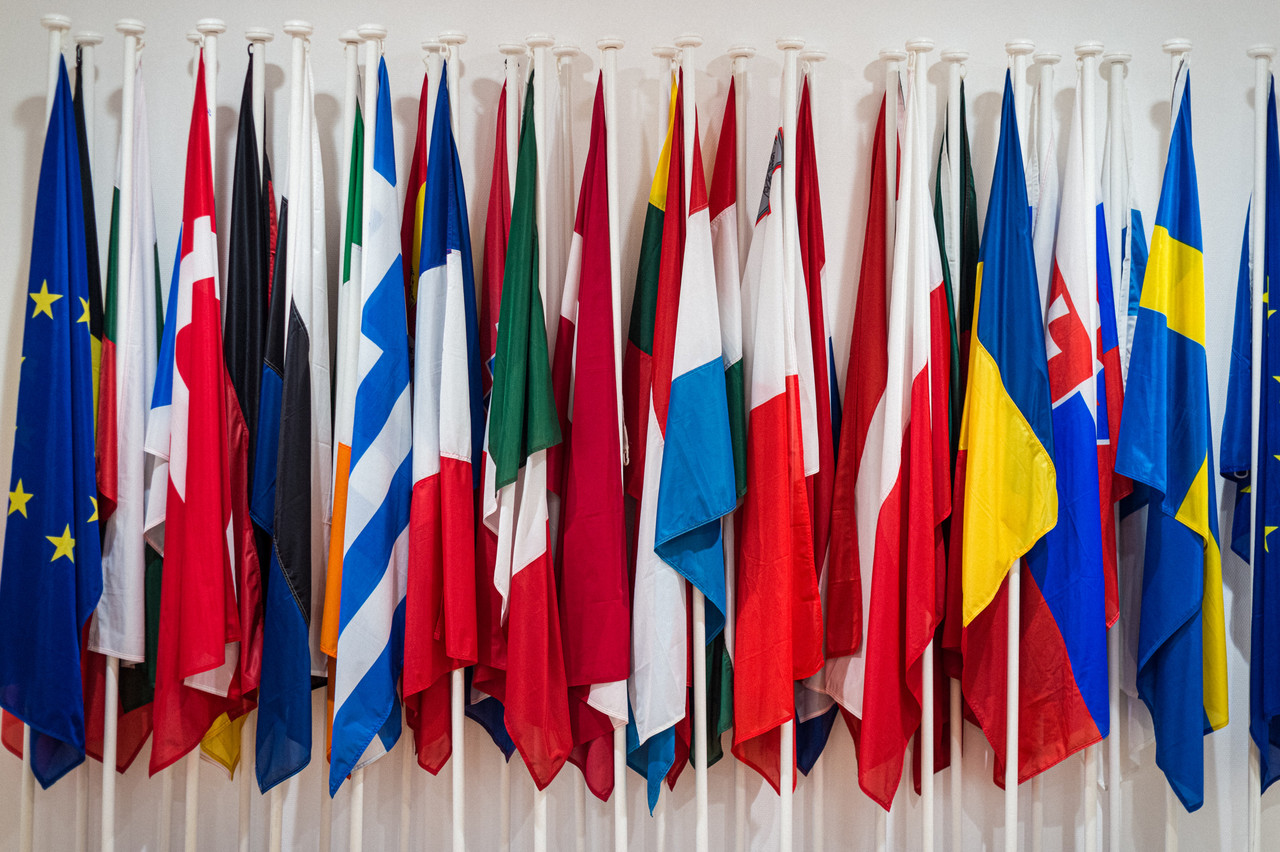The European Union has long struggled to respond to international crises with a unified voice as member states’ bilateral relations and national interests hamper joint foreign policy efforts. Just a year ago, Hungary repeatedly blocked an EU statement criticising China over its treatment of Hong Kong. “This is not the first time that Hungary has broken away from unity,” said Germany’s foreign minister, Heiko Maas, at the time. And it looks like the EU could be in for a repeat performance by Vladimir Putin’s long-time ally Viktor Orbán.
Hungary’s prime minister on 3 April won a fourth term in office. Just days later, he said he would comply with Russian demands to pay for gas imports in rubles, breaking ranks with the European Commission, which had asked countries to stick to original contracts.
At the same time, Brussels refuses to be lenient on Hungary, but also Poland, over rule of law violations. Poland has taken in nearly 2.5m people fleeing Ukraine, Hungary around 400,000. Speaking at Luxembourg’s Chamber of Deputies in March, European Parliament president Roberta Metsola, however, said this would not make up for clamping down on press freedom, the justice system, LGBTQ+ and women’s rights. The European Commission on 5 April officially triggered the so-called conditionality mechanism, which could cut EU funding to Hungary.
A Eurobarometer survey last September said that 83% of people in Luxembourg--and 81% across the bloc--think EU money should not be given to countries violating rule of law and democratic principles.
So here we are again--an ever-closer union that risks breaking into two speeds when the unity over Ukraine could have given it much-needed heft. Hungary might be an outlier. But because of the unanimity principle, it is more than merely a nuisance to EU policy.
Europe heavyweight Germany has shaken off its lethargy to re-arm, shut down the Nord Stream 2 pipeline and diversify its energy supplies. With a slate of elections coming up across the EU, all eyes were on France last month, when Putin fangirl Marine Le Pen faced off against Emmanuel Macron. Europe was watching and many breathed a sigh of relief over the election outcome, although Macron could still face an uphill battle in the parliamentary elections in June.
As the war drags on, fissures over a potential energy embargo could widen. The Baltic states have already halted Russian gas imports and are lobbying others to turn off this revenue tap for the Kremlin. But Brussels hesitates as Germany risks falling into recession under an immediate ban. Luxembourg, too, is on the fence as foreign minister Jean Asselborn (LSAP) has said an energy embargo would not stop Putin.
Under successive sanctions packages, Brussels has banned Russian coal and is planning to phase out Russian oil--with exceptions for Hungary and Slovakia, which more heavily depend on this fuel source.
And as Europe is looking for alternative supplies, the perennial dispute over nuclear power--here’s looking at you, Cattenom--could yet dent the push for a closer energy union that was picking up momentum.
